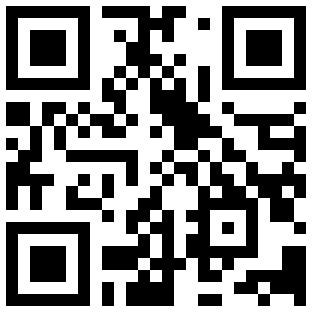BIMHSE Archive
BIMHSE Research and Scholarship Seminar – Teaching and Development Grants (TDG) Sharing Session
- Date / Time
1-2pm
- Location
- Abstract
Seminar overview:
This seminar aims to help Faculty colleagues who are planning a TDG project or who are just interested in medical education research. It will help provide insight into the design and thinking behind successful HKUMed TDG projects through the sharing by the following speakers:
TDG projects:
Leveraging the Pandemic as to Accelerate Holistic Telemedicine Curriculum Development in Hong Kong - Covering Patient Management Lifecycle from Consultation to Investigation and Treatment
Dr Jo Jo Hai, Department of Medicine, School of Clinical Medicine
Telemedicine is the use of telecommunication technology to provide healthcare services over a spatial distance. In the midst of COVID-19 outbreak, the practice of telemedicine has greatly accelerated worldwide: advancing in holistic patient management lifecycle, covering not only history and examination (via ‘tel-side consultation’) stages, but also investigation and treatment stages. However current medical curriculum in Hong Kong does not include telemedicine in our undergraduate training. This impedes our future physicians’ ability to deliver high-quality tele-healthcare, and hinders our development and utilization of innovative telemedicine platforms to better healthcare in our society.
Our institution has recently obtained a teaching development grant to develop a foundational telemedicine curriculum to equip medical students to conduct tele-consultation, which is primarily history-taking and physical examination. In this proposed project, we seek to extend the curriculum to cover the whole lifecycle of patient management, focusing on patient investigation and treatment stages. In this advanced telemedicine curriculum, specialty clerkship students will acquire the knowledge and skills to provide comprehensive tele-healthcare through clinical attachment, virtual clinics, virtual ward rounds and simulated case scenarios. We believe in combination these developments will significantly advance Hong Kong’s position in the global trend of tele-medicine.
The Instructional Experience of Utilizing a Hybrid Teaching Mode to Foster Students' Clinical Reasoning Skills
Dr Veronica Lam, School of Nursing
This project aims to enhance the undergraduate nursing students’ clinical reasoning ability with the use of an interactive hybrid teaching mode. Theory and practice gap is always a concern in nursing education. In addition, in this COVID pandemic, the clinical practica for Year 2 to Year 4 nursing students have been suspended for more than a year which further affect students to apply what they learned to practice especially the clinical reasoning skills. Effective clinical reasoning skills have a positive impact on patient outcomes. Conversely, those with poor clinical reasoning skills often fail to detect impending patient deterioration. Although research studies have documented that simulation-based education can improved students’ clinical reasoning ability, due to the pandemic, the opportunities for students to participate in simulation activities also diminished.
This proposed project will engage Year 2 to Year 4 nursing students participating in an ‘interactive hybrid teaching mode’ in the undergraduate nursing curriculum. At the end of the project, students’ clinical reasoning, confidence and satisfaction will be measured. The success of this proposed project will be a new teaching framework for all other clinical courses for the BNurs Programme.
All HKU colleagues are welcome.
For enquiries, please contact us at imhse@hku.hk.
- Speaker(s)
Speakers:
Dr Jo Jo Hai, Department of Medicine, HKU
Dr Veronica Lam, School of Nursing, HKU
Dr Lily Zeng, Teaching and Learning Innovation Centre, HKU
Moderator:
Dr Fred Ganotice, BIMHSE, HKU
- Descriptions
- Booking
- Add to calendar
